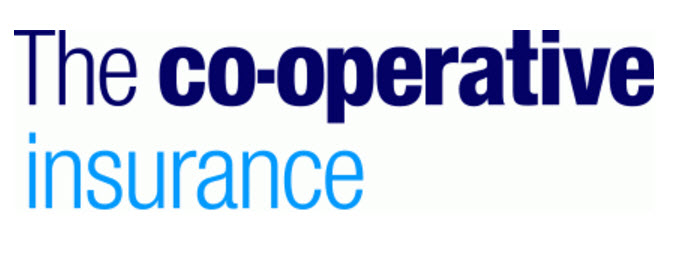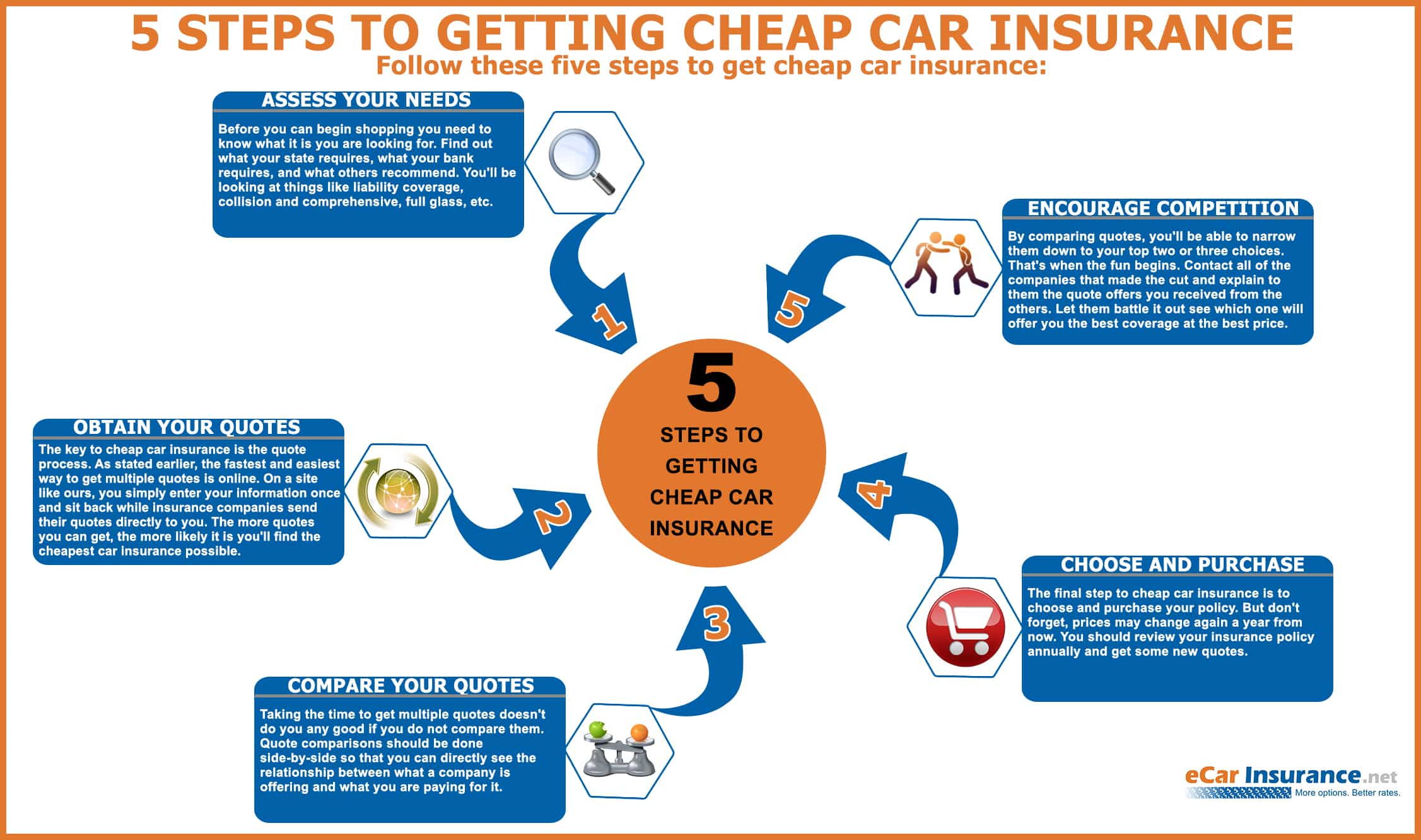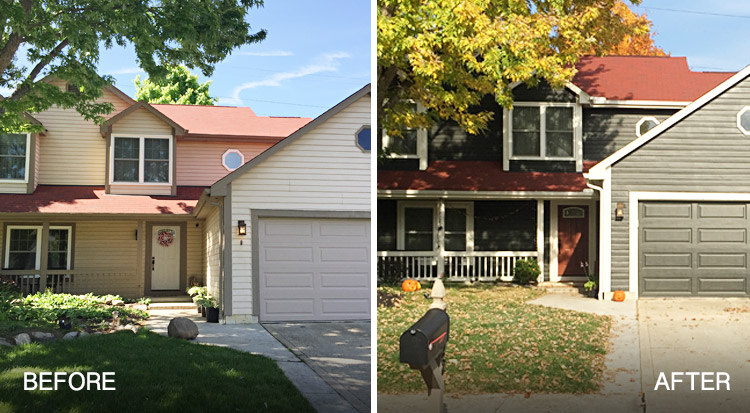In most cases, the policyholder is the person who: You can notify the insurance company directly or talk with the deceased policyholder’s insurance agent.

CoOp Insurance Customer Service Free Contact Number 0800
A policyholder is the individual who has insurance coverage and is covered by that insurance.

Who is the policy holder on car insurance. Put simply, the policyholder is the person or entity that has purchased the policy and has the authority to exercise the rights stated in the insurance policy contract—including the right to control the policy. The car insurance policy can be passed on to the surviving spouse or estate executor after notifying the insurance company of the policyholder’s death. A policyholder is the person who owns the insurance policy.
Steps for transferring car insurance: 2678367, is a trading style of motors insurance company limited (micl), micl is authorised by the prudential regulation authority (pra) and regulated by the fca and the pra. 2678367, is a trading style of motors insurance company limited (micl), micl is authorised by the prudential regulation authority (pra) and regulated by the fca and the pra.
This comes with certain legal rights and responsibilities for the policyholder. So your name will not appear on the pink card. If the child is no longer a minor, a court may find him liable and let his parents off the hook.
Receives the insurance policy documents. Some policies may have more than one owner, which is often the situation for a married couple. A basic car insurance contract involves the policyholder and the insurance company if it is purchased directly.
You can contact the insurance company directly or speak with the insurance agent of the dead policyholder. You own the insurance policy and are protected. The policyholder is the person who owns a car insurance policy.
Companies own vehicles and a company even if owned by one person is. The estate administrator will then need to notify the insurance company of the policyholder’s passing. Deals directly with the insurance company.
But some insurers won’t let you be the policy holder unless you’re the registered keeper. The policyholder is the person who owns a car insurance policy. When it comes to buying a car insurance policy, the policyholder and the car insurance provider are the two parties required in the whole process.
The registered keeper of a lease car is the finance company that’s leasing it out. Simply put, the person’s name that appears on the documents of the insurance company’s records is the policyholder. The policyholder is a person or entity who owns or controls an insurance policy and has the privilege to exercise.
But this isn't always the case. To add a secondary policy holder to an insurance policy, the primary policy holder can contact the insurance agent that administers the policy. A policyholder is the person who owns the insurance policy.
Technically, the registered keeper of a car doesn’t need to be the insurance policy holder for that car. The policy holder is the main driver of the vehicle and is the person who will be using the car more often. In general the majority of insurance companies would expect the following people to be listed on your car insurance policy.
The policyholder is the person responsible for paying the premiums, making changes to the insurance policy, and filing claims. The person who has purchased the policy and has the authority to exercise the rights stated in the contract is the policyholder. If you are not the policy holder, your member id may be different from the policy holder's id.
The named driver is always liable for paying the bills for the car insurance coverage and must verify any changes to the policy before they can go into effect. However all drivers are listed internally within the contract. Someone who has an individual car insurance policy might want to designate friends or family members who might occasionally drive their car as secondary policyholders.
If you have a car insurance or home insurance policy, for example, then you are the policyholder. Policyholder in insurance terms describes the individual who has an insurable interest in the car and who is listed on the registration. Surviving spouses, or the executor of the deceased driver’s estate, will inherit the auto policy.
The policyholder for a car insurance policy is the owner of the car insurance policy. Can a policy holder have both paper. The policyholder has the power to change or cancel car insurance coverage at any time, but the policyholder is the individual responsible for meeting deductibles and making insurance payments on time.
If there are additional drivers, they will become named drivers on the car insurance policy and will be legally entitled to drive the car with the same insurance protection as the main driver (named drivers should use the car less frequently than the main driver though). The policy holder is the main driver of the vehicle and is the person who will be using the car more often. This is usually a simple operation.
A policyholder is a person who has an insurance policy with an insurance company. Either way, both names would be listed on the policy holder line. So, if you buy an insurance policy under your own name, you’re the policyholder, and you’re protected by all of the details inside.
If you have dependents—like a spouse or children—on your health insurance policy, their names might be listed on your card, too. Most policies automatically cover all residents of. The policyholder is in most cases the insured or could be one of the policies beneficiaries.
However, when it comes to transferring the car policy to a new policyholder due to the demise of the original policyholder, the number of people involved in this process changes. All of the vehicles on the policy should be owned by one of the named insureds, which would either be the policy holder (first named insured) or spouse (second named insured). As the policyholder, you can also add more people to your policy, depending on your relationship.
Any auto insurance claims made against the policy that aren’t covered would then become the responsibility of the adult policyholder. Yes, the owner is the only one who can be named. The policyholder is the person who is responsible for paying the premium for the insurance policy.
Who is the registered keeper of a lease car? In the insurance world, a policyholder — which you may also see written as “policy holder” (with a space) — is the person who owns the insurance policy.as a policyholder, you are the one who purchased the policy and can make adjustments to it. But with auto insurance, you cannot assume that the policyholder is the car owner since you.

Download Auto Insurance Card Template wikiDownload

Car seat relay fuse box relay holder 5 engine compartment

Insurance Investigation • 1800HURT911® Personal Injury











